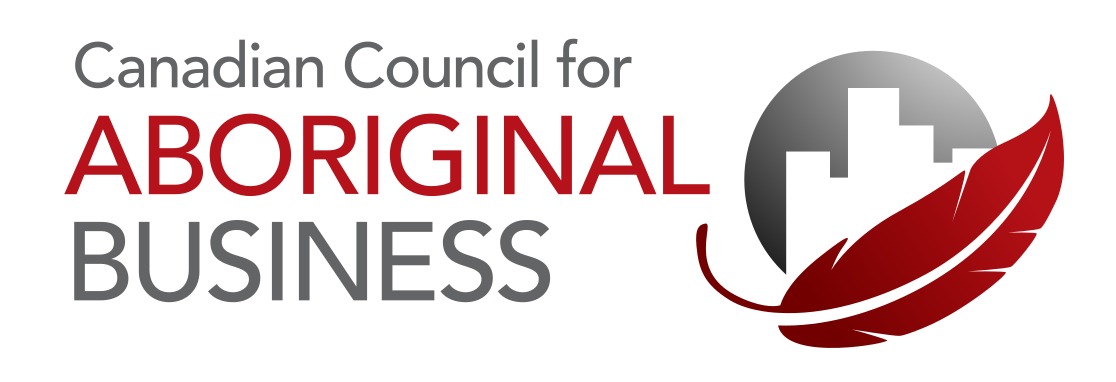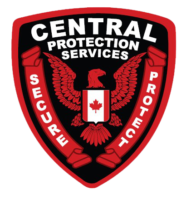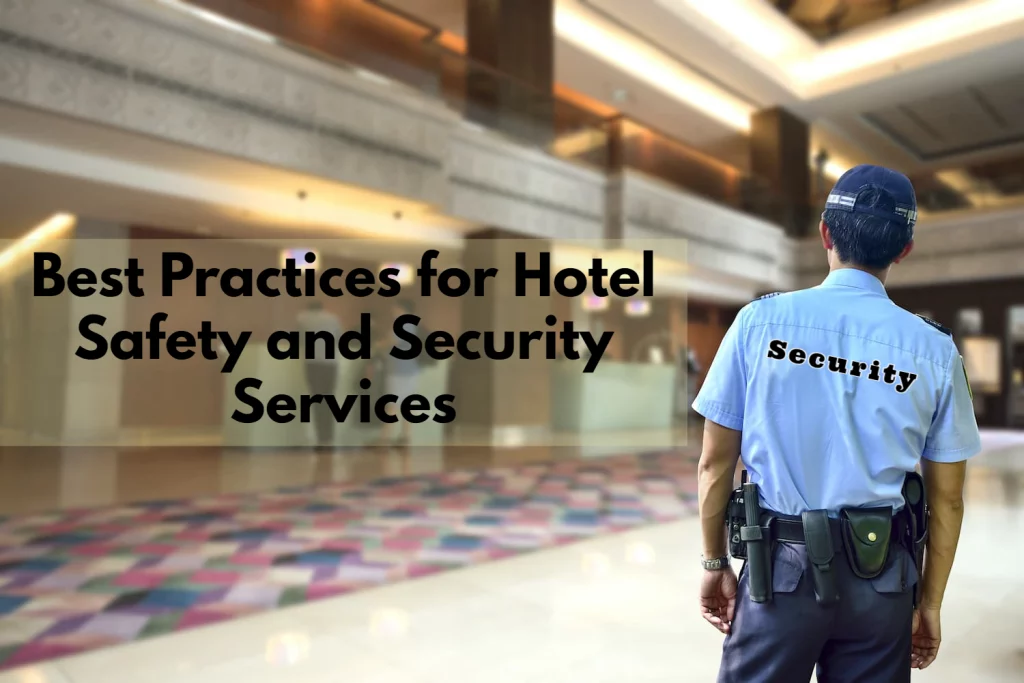Are you fond of traveling, recreation, and staying in hotels when you are away from home? Hotels are often found to be busy with people and guests for various reasons. Businessmen, families, vacationers, locals, and others may discover themselves staying in rooms at a definite time. While the management of hotels will take care of the lodgings of guests by providing them with hotel security, meals, and entertainment. Hotel security companies are also responsible for maintaining peace, order, and safety through their security group. Hotel security and services are both essential to the complete functionality of a hotel. A company that has guests’ belongings in its hands must take suitable hotel security services to protect them and peace of mind.
What is Hotel Security?
Hotel security is controlling the safety of guests and possessions in lodgings, hotels, and entertainment facilities. It involves hotel security systems, procedures, and hotel security guards that ensure guests are safe in their rooms and around the place and also their property and vehicles are protected. The hotel may have a security department that provides and sustains security or outsource it to hotel security companies.
Responsibilities of security in a hotel
Here are the roles that staff and hotel managers do to ensure hotel security:
- stop crime and criminal activities in the hotel
- observe suspicious individuals and activities
- prevent chaotic situations from occurring or escalating
- prevent the damage or loss of personal or hotel property
- make guests feel safe within the hotel premises
- offer valuable assistance and information to law enforcement authorities during an investigation
- offer emergency medical assistance to guests
- keep the hotel and guests’ assets safe, including vehicles and luggage, from theft
- provide instant and effective responses to emergencies
- forbid harmful and intense attacks on guests within the hotel
- support investigating and recovering stolen items
- guide disruptive guests and trespassers out of the hotel locations
Why Hotel Security Services Are Important?
Travel has become handier and more popular, and certifying the safety and security of hotel guests is of vital importance. Hotels serve as momentary homes for families, individuals, and business travelers, making it critical for hotel owners to manage their guests’ well-being. The significance of hotel security services highlights the reasons why they are essential in providing a safe and secure atmosphere for guests.
- Personal Safety and Crime Prevention
Hotel security officers accommodate a varied range of guests, making them susceptible to potential security threats. Hotel security companies implement professional Hotel Security Services that help to deter criminal activities such as assault, theft, and vandalism within the premises. The well-trained hotel security guards can identify suspicious behavior, monitor public areas, and quickly respond to any emergencies, certifying the personal safety of guests and averting unlawful incidents.
- Emergency Preparedness and Response
Hotels must be organized to handle various emergencies, including natural disasters, fires, medical emergencies, or terrorist threats. Hotel security officers equipped with emergency response rules can efficiently manage these conditions, minimizing potential harm to staff and guests. Hotel security plays a critical role in evacuating occupants, synchronizing with emergency services, and sustaining order during challenging circumstances.
- Protection of Assets and Valuables
Guests expect their possessions to be secure during their stay at a hotel. Hotel security services cover beyond certifying the safety of individuals; they also defend guests’ valuable possessions. Hotel security maintains a strong presence and by implementing advanced hotel security systems, hotels can avert theft and unauthorized access to rooms or common spaces. This sense of protection fosters beliefs and improves the overall guest experience.
- Reputation and Guest Satisfaction
Hotel reputation and guest satisfaction are carefully intertwined. Even a single security incident can considerably impact a hotel’s brand image and lead to a drop in bookings and revenue. Conversely, when guests feel safe and protected, they are more likely to relish their stay and recommend the hotel to others. By hiring professional hotel security companies, hotels can keep their reputation, build reliance, and cultivate positive guest experiences, resulting in increased customer loyalty and repeat business.
- Legal Compliance and Liability Reduction
Hotels are focused on numerous legal obligations and must obey safety regulations. Failure to meet such requirements can result in legal penalties and financial liabilities. By engaging hotel security services, hotels validate their commitment to meeting these obligations, dropping the risk of lawsuits, reputational damage, and fines. Furthermore, the presence of a hotel security guard can act as a deterrent, unpromising potential legal violations within the locations.
- Enhanced Guest Experience
A safe and peaceful environment is an important aspect of a pleasant hotel experience. People expect to feel calm and at ease during their stay, whether it’s for vacation or business purposes. By proactively talking about hotel security concerns, hotels can build an atmosphere of tranquility and comfort, allowing guests to completely enjoy their time and make the most of their stopover. This encouraging experience not only benefits the guest but also imitates positively the hotel as a whole.
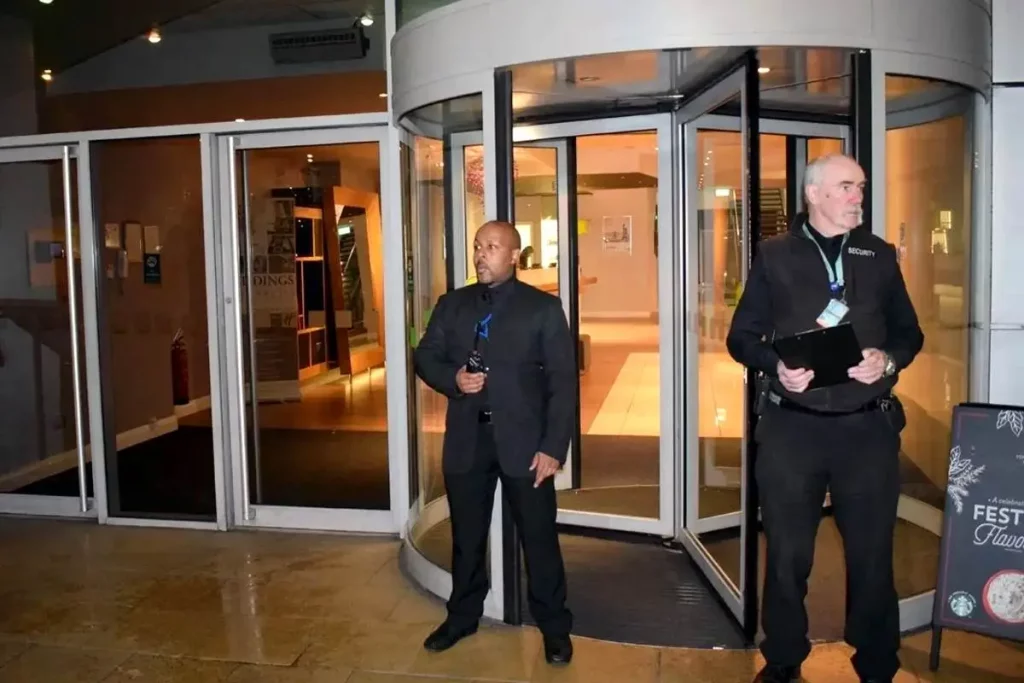
Challenges in Hotel Security Services
Hotel security services are particularly hired to ensure the safety and well-being of guests and staff. Though, numerous challenges and concerns can arise in providing effective hotel security services.
- Lack of strong access control systems may lead to unofficial individuals gaining entry to restricted areas. Inadequate monitoring of entrances, back doors, and service entrances can shake security and put guests and the hotel team at risk.
- Limited coverage of hotel security cameras in certain areas of the hotel, such as parking lots, corridors, and emergency exits, can build blind spots. Poor camera placement and obsolete equipment may result in low-quality video footage, making it difficult to detect suspects or incidents.
- With the growing use of technology in hotels, the risk of cyber-attacks and data breaches has developed significantly. Lack of encryption protocols, weak network security, and outdated software can make hotel systems vulnerable to cyber hacking, threatening guest information and overall security.
- Inadequate training and awareness programs for hotel staff can impede their ability to handle security-related incidents. Staff members need to be experienced in emergency procedures, identifying apprehensive behavior, and efficiently communicating security concerns for better hotel security.
- Poor key management practices including duplicate keys, improper key control, or vanished master keys, can lead to unofficial access to guest rooms. Scanty procedures for lost or stolen keys may affect delays or compromises in addressing security breaches.
- Insufficient hotel security measures in common areas, such as elevators, lobbies, and parking lots, can leave guests and staff susceptible to theft, assault, or provocation. Unsatisfactory lighting, lack of panic buttons, and unsuccessful emergency communication systems add to a less secure environment.
- Dawdling or inadequate response to hotel security incidents, can impact the reputation and safety of the hotel resulting in medical emergencies or assault. Inadequate or outdated emergency response strategies may hinder the ability to grip crises effectively, possibly leading to chaos and further harm.
- Limited collaboration and communication between hotels and local law enforcement organizations can hamper investigations and impede the swift resolution of security-related incidents. Lack of customary protocols for sharing information and accompanying joint training exercises may hinder overall security efforts.
Best Practices for Hotel Security Services
There are numerous hotel security systems to protect hotel visitors and staff. They include staffing, policies, and technologies you can delicately apply to monitor movement, save property, and assure guest safety. Here’s a checklist of hotel security trials you can enforce:
- Access security
It’s essential to have an inventory of all locks in the hotel. Including those for windows, doors, and slide-and-chain bolts on visitor room doors. Whether the hotel employs swipe cards, proximity cards, or hard keys. Ensure your account for and continually track each extra key you use. Then timetable reorders keep you ahead of that rate. Moreover, create a record for and test locks on doors to all backhouse spaces and make certain these doors are always out of sight, particularly during and after interior design changes.
- Registration process
Hotel security services ensure employees provide precise and updated information in their registration process. Ask guests for numerous pieces of identification and know the number of inhabitants in every guest room during a given period. Furthermore, adhere to data protection policies, retain accessible records, and practice secure payment systems.
- Vehicle safety
Assess the parking facilities for guests and certify their security. Hotel security companies ensure functional and optimistic lighting in the parking spaces. Trim down greeneries and trees that may hinder the line of vision from building entrances. If the resort or hotel has carts and vehicles, also estimate their security and protected their keys when they’re not in use. Moreover, correctly track who is using them at every given time. You can set up convoy management software to help you keep track of these specifics, especially if the hotel has a big vehicle fleet.
- Mobile device safety
Make certain that the emergency hotel security services are available in each guest room and confirm hotel staff has mobile devices. Hotel security creates a policy for hotel staff to contact emergency services if telephone networks are down. Make sure your existing storage and management policy can protect mobile phones and tablets and make them accessible when required. If you cope in a big hotel, consider increasing an intelligent asset management system to achieve mobile devices for service staff.
- Outdoor maintenance
Protecting the hotel exterior in flawless condition can increase its security. It gives entrances and outdoor surveillance cameras clear views unobstructed by bushes and trees. It also discourages criminals looking to compromise structures in the venue’s outdoor environment. Besides, a well-maintained exterior provides guests a positive perception of your establishment.
- Restrict entrances
It’s easier for hotel security officer and surveillance systems to observe movement in and out of the hotel when there are less entrances. Position entrances in places you want to undeviating the traffic towards and make them portion of your access plan. Also, design leavings to allow a swift departure from the hotel premises in case of a fire or other tragedies.
- Video surveillance
To certify the safety of guests in the hotel, you require a surveillance system that captures good footage with repetition. Apply and monitor a documented retention policy for surveillance footage, maintaining camera footage for a fairly long period. Hotel Security Services Edmonton ensures the surveillance cameras are recording and can show back archived footage. Moreover, check coverage regularly to ensure landscaping and interior designs have not made blind spots.
- Security personnel
It is important to ensure that hotel has enough security staffing to provide acceptable coverage at every given period. You can choose to operate an in-house security department or hire hotel security companies. If you have hotel security officer, ensure they have appropriate training and licensing. Moreover, update their training and check their performance regularly. Build policies describing how you want security technicians in the hotel to grip sensitive situations that may arise in the place. This plan may include ways to deal with suspicious packages, unattended vehicles, and trespassers.
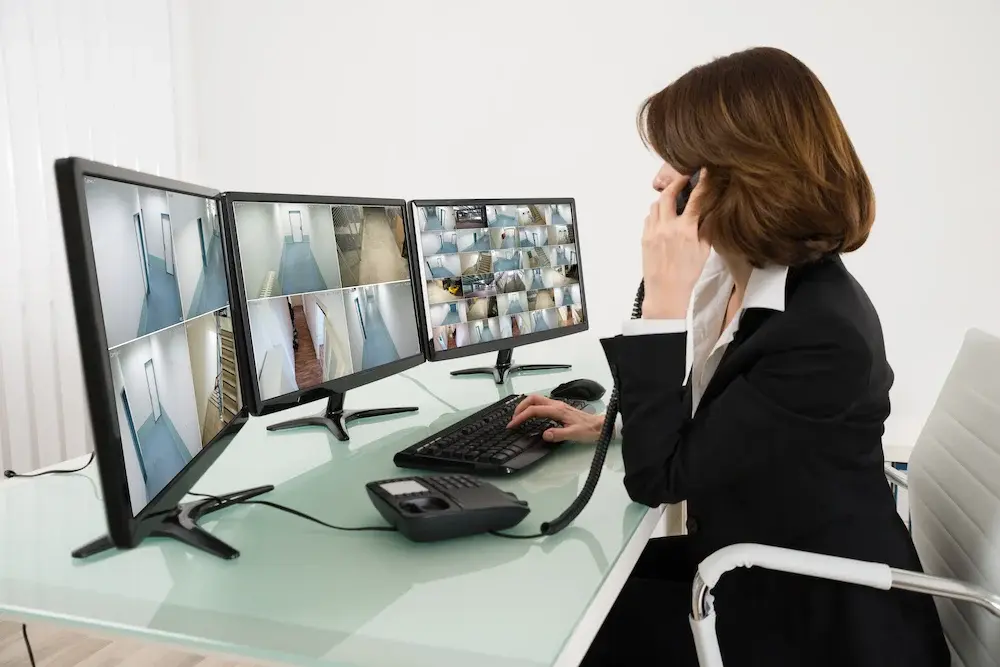
- Cash handling practice
Put performs in place that pledge the safety of cash collections at the restaurants, reception desk, counters and other locations. You can change the cash collection plan to make it changeable and difficult for thieves to trail. Also, certify staff count cash in a safe place exterior the view of guests and use a licensed cash management agency to carry cash to the bank.
- Pressure alert systems
Pressure alert buttons, or panic buttons, can support to ensure the personal safety of guests. If the hotel security system doesn’t yet have a constraint alert system, devise other effective ways to implement one. If the hotel structure already has a alert system, prepare periodic exercises to certify it’s in working condition and permit employees to practice responding to an alarm. Moreover, decide whether it’s essential to enforce policies for recording probable response times and formulate ways to reduce and achieve potential misuse.
- Key surveillance
Establish a hotel security for tracking and checking all key usage. Hotel security services keep every backhouse key in a secure location. This can improve security by applying an electronic key management system that decreases the chances of someone else arriving a guest room without permission. Hotel security system also keeps a meticulous record of who has which key in a specified period, making it easier to recognize security irregularity and handle it quickly. Such electronic systems are cheap to buy and operate. They also work powerfully.
- High-security lockers
The hotel security can provide lockers for high-value items that don’t need steady signing in and out. If the hotel has lockers, ensure they’re in impeccable working condition, substantially secured and concealed from the view of guests. Moreover, account for the means to these storage units and pile them safely.
- Guest item safety
If guest rooms have lockers and other storage units, certify they’re always in good working condition. Moreover, consider the effectiveness of using an asset locker for visitors to deposit items at centrally managed settings. This place can be behind the reception desk or the pool and can activate electronically for better customer service.
- Emergency procedures
Hotel security companies help create a documented emergency action strategy and update it frequently to reflect recent changes in the hotel’s procedures. You can also generate a summary of your emergency and evacuation trials on the hotel safety and security rules. Hotel security ensures these procedures line up with new interior designs and renovations in the hotel. Moreover, conduct regular testing on alarm systems and smoke detectors and install an automated hotel security system that accounts for the location of each guest during a crisis.
Central Protection Services is the best Security Company Edmonton, and we believe to perform better in the edge between people and technology for their specific security needs. Prominently, we are developing innovative means for more futuristic hotel security challenges. Central Protection Services is a Canadian-based security company offering hotel security services for the new world’s challenges. Our offices are in Edmonton, Calgary, Alberta Wide, Airdire, and allied regions. We offer technological systems and armed and unarmed security guards for hotel and hospitality needs. Get the quote for technologically advanced hotel security solutions.
